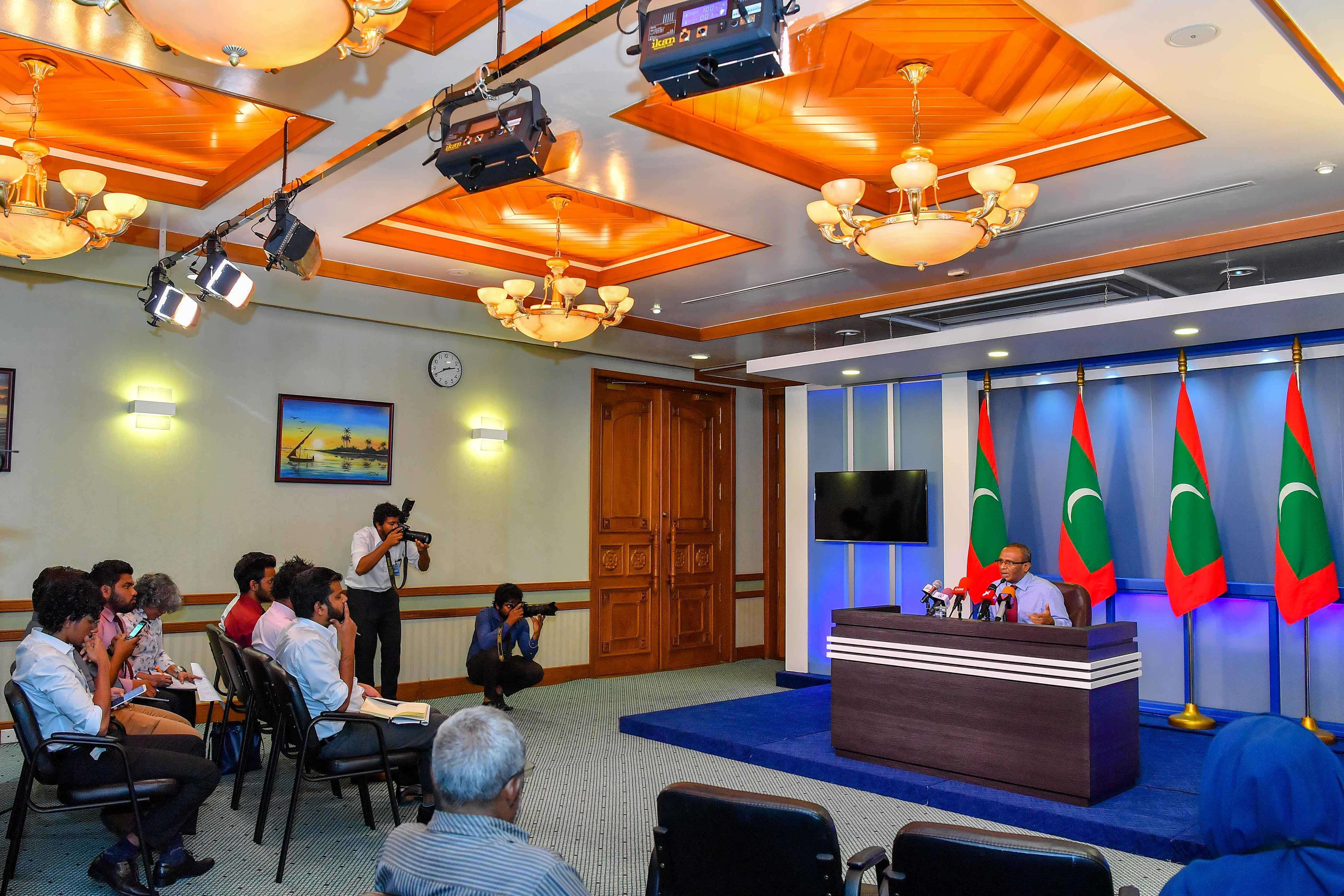Religious rhetoric incites violence, presidential commission warns
The warning came after JP leader Gasim Ibrahim claimed the MDP would build temples and churches.

26 Mar 2019, 09:00
Religious political rhetoric in the campaign for the April 6 parliamentary elections could incite violence, the chair of a presidential commission investigating unresolved murders and disappearances has warned.
Husnu Suood expressed concern after the opposition Progressive Party of Maldives and Jumhooree Party stepped up attacks against the Maldivian Democratic Party with rehashed accusations of a hidden anti-Islamic agenda.
The inquiry commission’s findings show a direct link between such rhetoric and acts of violence, Husnu Suood told the Maldives Independent.
“The information we have suggests the use of religion as a political tool has emboldened people to commit acts of violence, not necessarily religious scholars or people who have a formal Islamic education, but maybe people who have learned about religion on the internet,” he said.
Become a member
Get full access to our archive and personalise your experience.
Already a member?
Discussion
No comments yet. Be the first to share your thoughts!
No comments yet. Be the first to join the conversation!
Join the Conversation
Sign in to share your thoughts under an alias and take part in the discussion. Independent journalism thrives on open, respectful debate — your voice matters.




